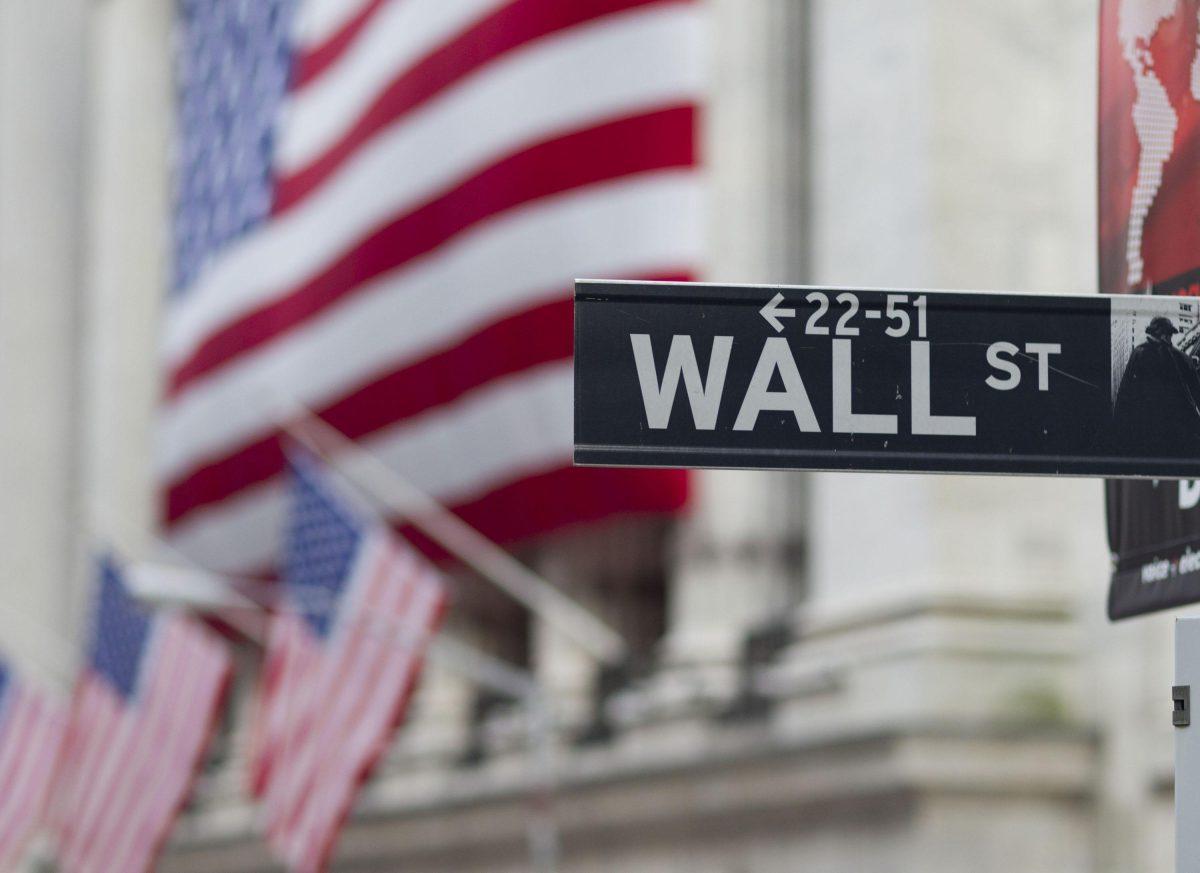Washington, D.C. — where senators and congressmen dressed in dapper, hand-tailored business suits drove poor and middle class Americans into economic captivity. The metaphoric prison is located billions of dollars away from the economically free, wealthy Americans.
Inmates at the Upward Mobility Prevention Center hold little hope of living a life outside prison walls of economic inequality. Congress paid for the economic brick and mortar to make the prison walls, and they contracted Wall Street to build them.
The U.S. Census Bureau uses Italian statistician Corrado Gini’s scale to calculate economic inequality. A score of zero denotes total economic equality, and a score of 100 denotes total inequality. From the ’60s to 2013, the U.S. Gini index rose considerably, regularly topping other wealthy democracies.
In 2013, the U.S. Gini score was 47.6, which was higher than the United Kingdom’s, Germany’s and even Uganda’s economic inequality scores. Economic inequality is on the rise, but the wealthy members of society are not the villains in this troublesome story.
The villain of America’s inequality story is Congress.
Advocates for greater income equality can blame Wall Street, but efforts to reform Wall Street’s existential goal to maximize profits in a capitalistic society are fruitless.
Senators and Congressmen enable Wall Street giants to practice risky investment strategies that toppled the economy in 2008. In December 2014, the lame duck Congress passed an Omnibus bill with a provision that reduces regulatory measures on banks from the Dodd-Frank Wall Street Reform and Consumer Protection Act.
The provision allows banks to mix trades on financial derivatives, one of which is credit default swaps, with their normal banking operations backed by taxpayers through the Federal Deposit Insurance Corporation. In 2008, credit default swaps broke the back of American banking, sending the economy spiraling.
With the new provision, banks can borrow taxpayer dollars to fund their risky business practices. If trades plummet and banks implode as some did in 2008, taxpayers will pay out of pocket to pick the corporate giants off the ground with another stimulus package.
Democratic Sen. Elizabeth Warren of Massachusetts led the anti-Wall Street opposition to the bill.
“We’re not doing this. But do keep in mind this was a provision that was written by Citigroup lobbyists,” Warren said to the Senate in December 2014. “I mean, they literally wrote it. They took it back, reedited it and made sure it said exactly what they wanted it to say.”
Warren and her fellow opponents to the bill failed, and, legislators unsurprisingly voted with the wealthy corporate giants.
According to a study on voting patterns by Michael Jay Barber, an assistant professor at Brigham Young University, U.S. senators’ voting preferences “reflect the preferences of the average donor better than any other group.”
In other words, the rich fund political campaigns.
Now the government is not Wall Street’s puppet. Currently, the U.S. Justice Department is suing Wall Street’s Standard & Poor’s in a $5 billion lawsuit for allegedly defrauding investors by inflating ratings and understating the risks of a mortgage security.
Even the correlation between U.S. Senators’ voting preferences and those of their donors does not prove Wall Street donors force legislator’s hands, but it does prove that the legislature fails to accurately reflect the people it represents.
Comparative politics scholars Alfred Stepan and Juan J. Linz investigated eight democracies with upper and lower legislatures. They found that the U.S. has the most malapportioned upper house out of the eight democracies. The U.S. Senate does not accurately represent this country’s demographics.
Stepan and Linz also found that when the upper house failed to accurately represent the population, economic inequality increased, widening the gulf between the rich and the poor.
That gulf between the economically imprisoned and free, roaming Wall Street bankers is so large that, according to the left-leaning Institute for Policy Studies, Wall Street bonus pay was more than twice as much as the annual earnings of a full-time minimum wage worker in 2014.
Less than 200,000 Wall Street employees made a total of $28.5 billion in bonuses. More than one million full-time Americans’ combined earnings was less than half of Wall Street’s bonus pay in 2014. Shockingly, the average bonus pay for one banker was 12 times more than the average yearly income of a full-time minimum wage worker.
Both political parties agree that economic inequality poses a threat to democracy. The prison of inequality can only hold so many Americans before they rise up in anger and tear down the prison walls around them.
A Congress that remains willing to provide the rope for Wall Street to tie around the economy’s neck will forever be the villain to American democracy.
However, this American story’s hero may still arrive on time to save the country from another economic disaster.
That hero is you, and the fight begins in the voting booth, because this story’s villain is anything but infallible.
Justin DiCharia is a 20-year-old mass communication junior from Slidell, Louisiana. You can reach him on Twitter @JDiCharia.
Opinion: US Congress enables economic inequality
March 19, 2015
FILE – In this Aug. 8. 2011 file photo, a Wall Street sign hangs near the New York Stock Exchange, in New York. The U.S. stock market is opening modestly higher Monday, March 9, 2015, following a sell-off Friday. (AP Photo/Jin Lee, File)
More to Discover








